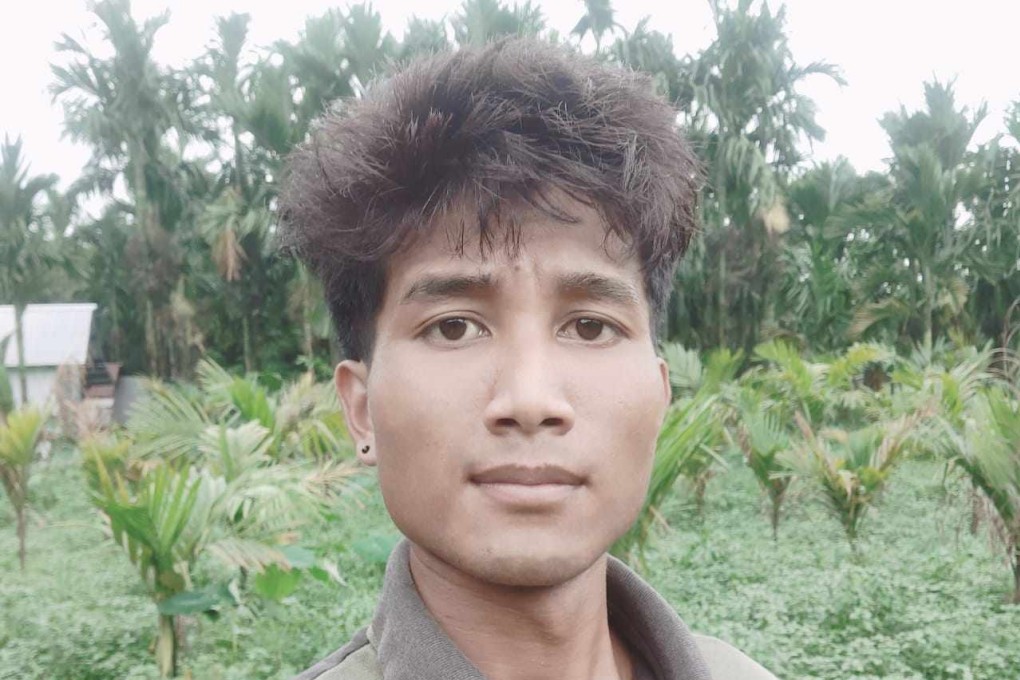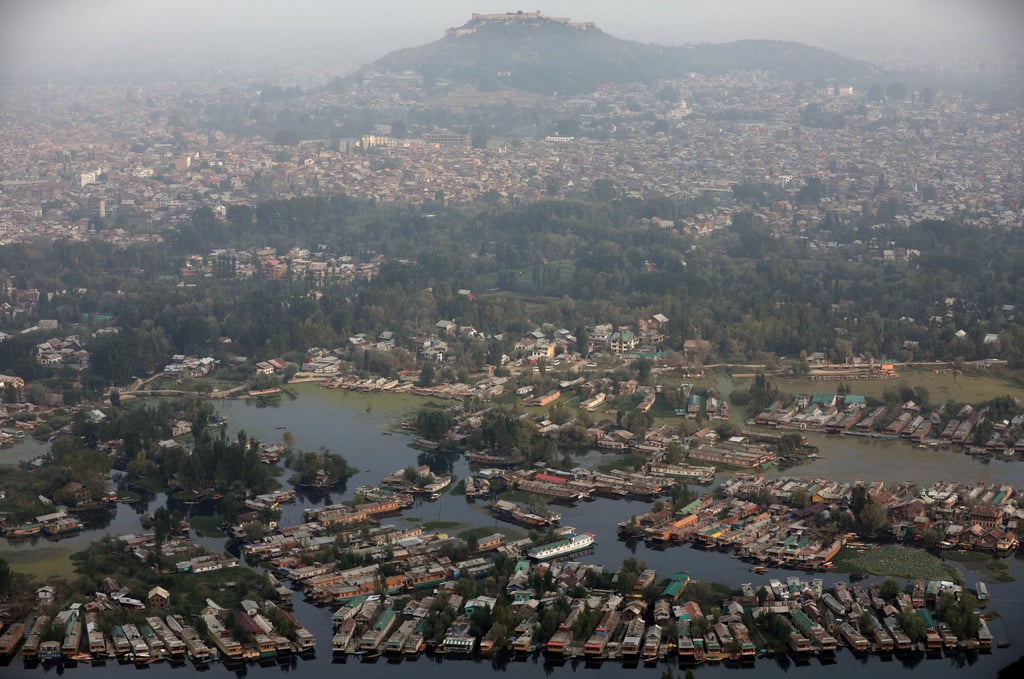Trafficked from Assam to Kashmir: how Indian youths are forced to work in a conflict zone
- The story of a young man sold as a domestic servant reveals a silent, thriving nexus of modern slavery in Srinagar, the Kashmiri capital
- The territorial dispute between India and Pakistan dominates coverage and lives in the region, overshadowing other issues such as human trafficking

When a distant aunt talked to Philimon Basumatary in Saralpara, a village in the Indian state of Assam, about a job that might save the family from Covid-related financial distress earlier this year, the 21-year-old wasn’t sure he wanted it.
But the aunt lured him with potential employment at a factory with a promise of 8,000 to 10,000 rupees (US$100-US$136) a month, and raises later. “I thought I would work there for five to six months and see famous places,” he said.
That decision led Philimon and seven others from villages in Assam, including a female minor, to be trafficked to Kashmir, where they would be sold as domestic workers.
According to the 2018 Global Slavery Index report, at least 40 million people globally are victims of modern slavery, with some 8 million of them in India alone.
Indeed, Srinagar has become a nexus of modern slavery, with hundreds of shady “placement agencies” having cropped up all over the Kashmiri capital, where they are thriving amid lax official scrutiny.
